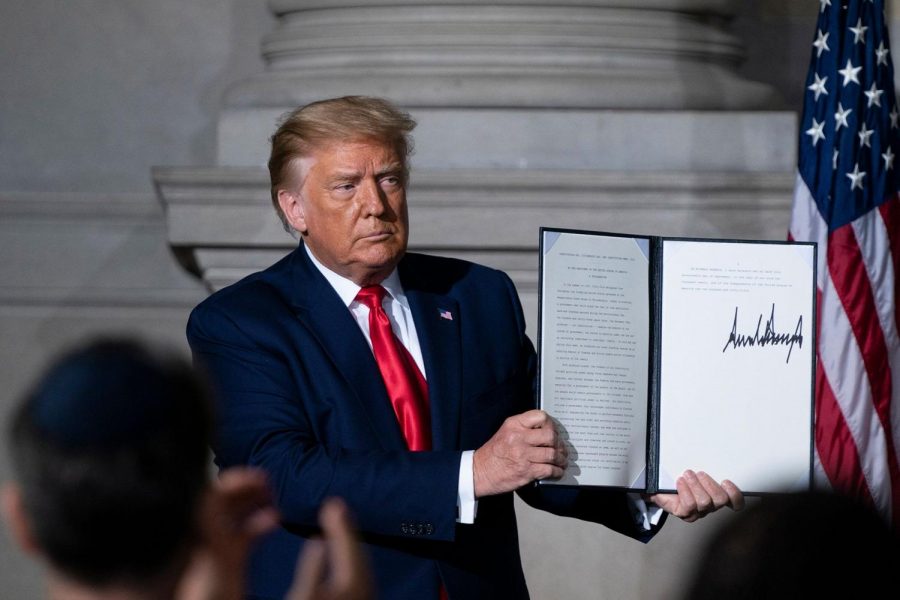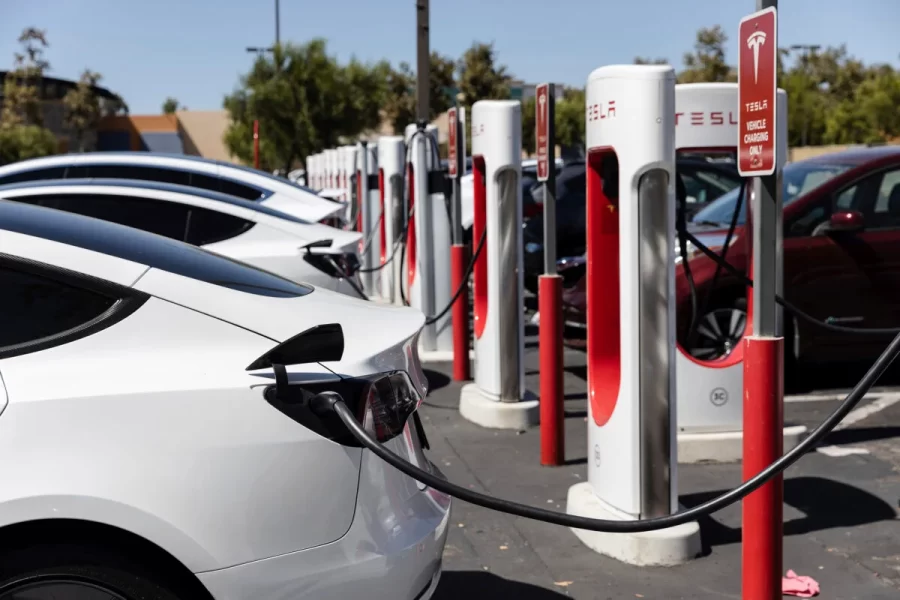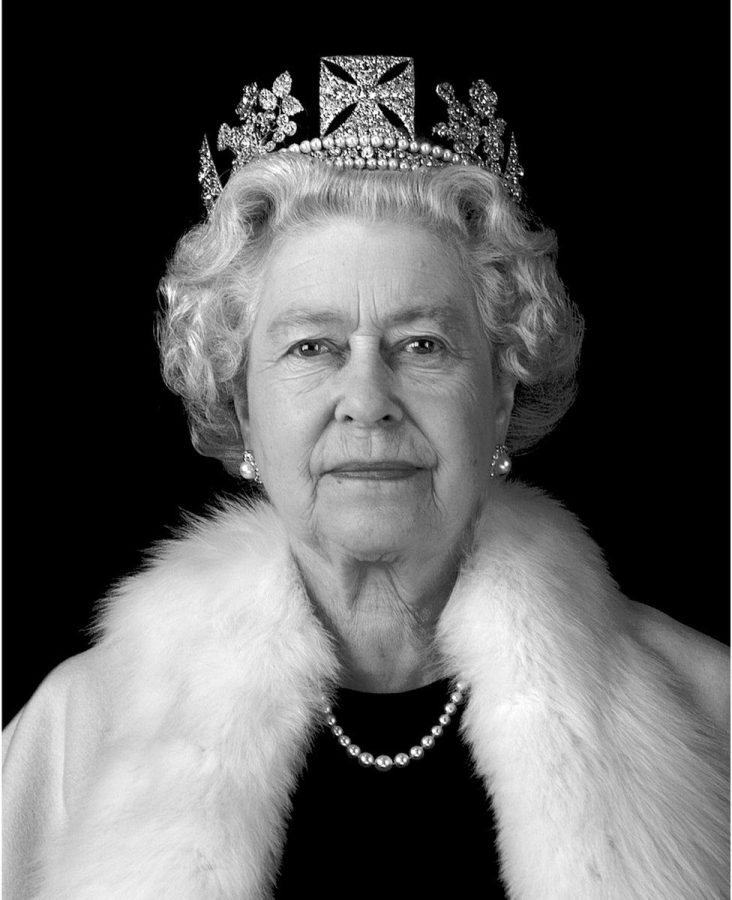The 1776 Commission, an executive order created to focus on the positive aspects of America’s founding within the public school history education, has excited hope and provoked fear in the minds of many Americans. President Trump announced the commission at a rally in mid-September, and has spoken about it on many different occasions since. So, what does this commission entail, and why is it dividing Americans? Let us look at what has been confirmed so far about the commission, and the validity of the various claims surrounding it.
Most supporters of the 1776 Commission express appreciation for the program’s initiative to honor the founders of the country, while not forgetting the darker parts of American history altogether(Fox News would be the most noteworthy example). Some Americans argue that President Trump’s executive order would scrub slavery and racism from American history classes and that honoring slave owners and racists goes against American ideals of equality and freedom. Another point of contention for critics of the 1776 Commission is that it bears similarities to nationalist propaganda. According to the president, however, the commission is intended to combat “radically anti-American propaganda.” The commission mostly focuses on honoring the Founding Fathers, who many feel have been villainized in the modern age.
The Guardian and NPR, among other publications, raised claims that the president has no authority to create the commission. Educational programs are typically are managed at a state level, but sometimes larger changes can be made by the U.S. Department of Education, one of the federal agencies headed by a member of the president’s cabinet. The 1776 Commission, if approved by Congress, will likely be created and managed by Betsy DeVos, the Secretary of Education, whose mission it is to make equal education available to students from any background. Although it may have been President Trump’s idea, he would need to collaborate with Secretary DeVos, and it is inaccurate to say that he is outright making a program. Furthermore, critics of the commission raise the claim that the federal government is not allowed to enact laws about what states teach, as its role in education is restricted to funding. This is not incorrect, but there is leeway for the Department of Education to propose a program. If the Department of Education has a proposed plan for education and decides to withhold some funding if the plan is not met by states, it is within their rights to do so. Regardless, personal opinions on the 1776 Commission will vary, but it is most important to sort the facts from overblown claims.
Sources
https://www.theguardian.com/commentisfree/2020/sep/19/trump-1776-commission-proof-america-spiraling-toward-facism
https://www.usa.gov/branches-of-government
https://www2.ed.gov/news/staff/bios/devos.html?src=hp
https://www.npr.org/2020/09/17/914127266/trump-announces-patriotic-education-commission-a-largely-political-move
https://www.youtube.com/watch?v=eDLSIGjSJaA
https://www.whitehouse.gov/briefings-statements/remarks-president-trump-white-house-conference-american-history/







